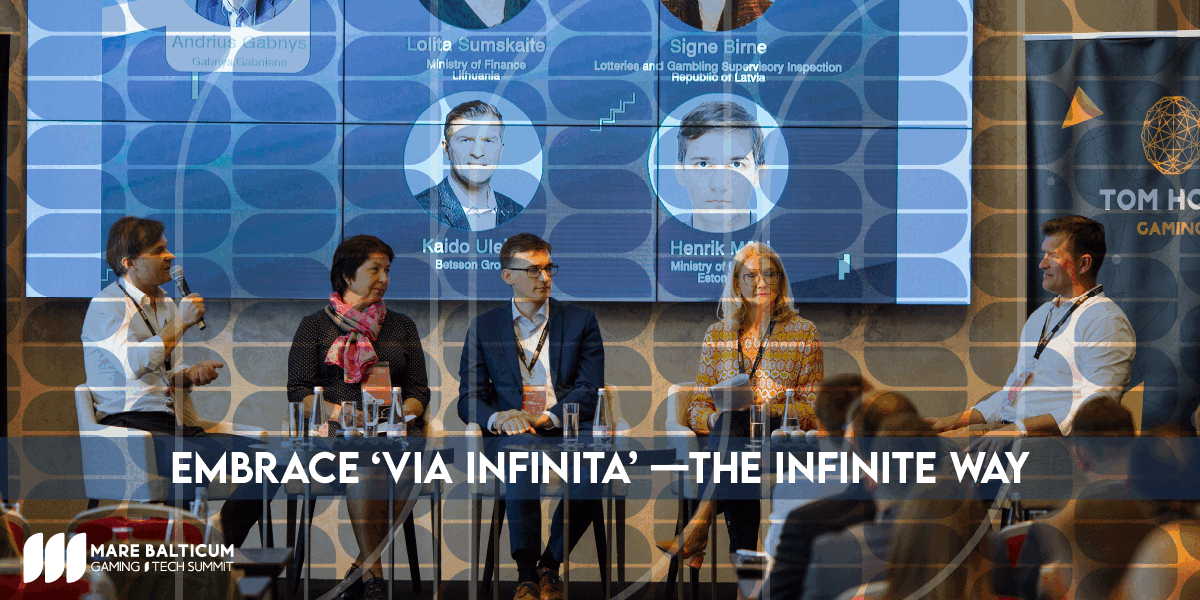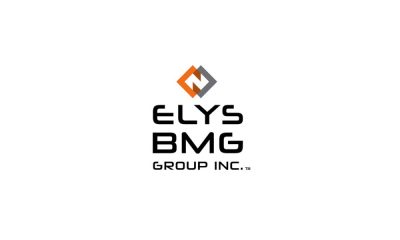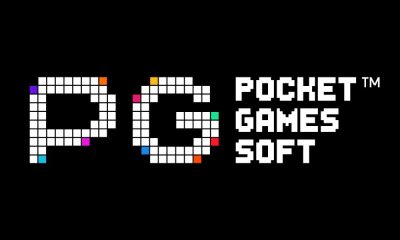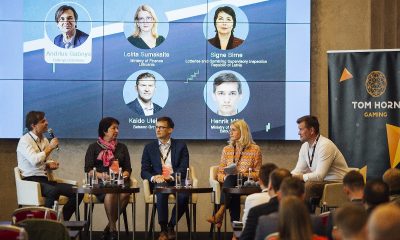eSports
Odgers Berndtson: Annual income of esports top management can reach $170 000
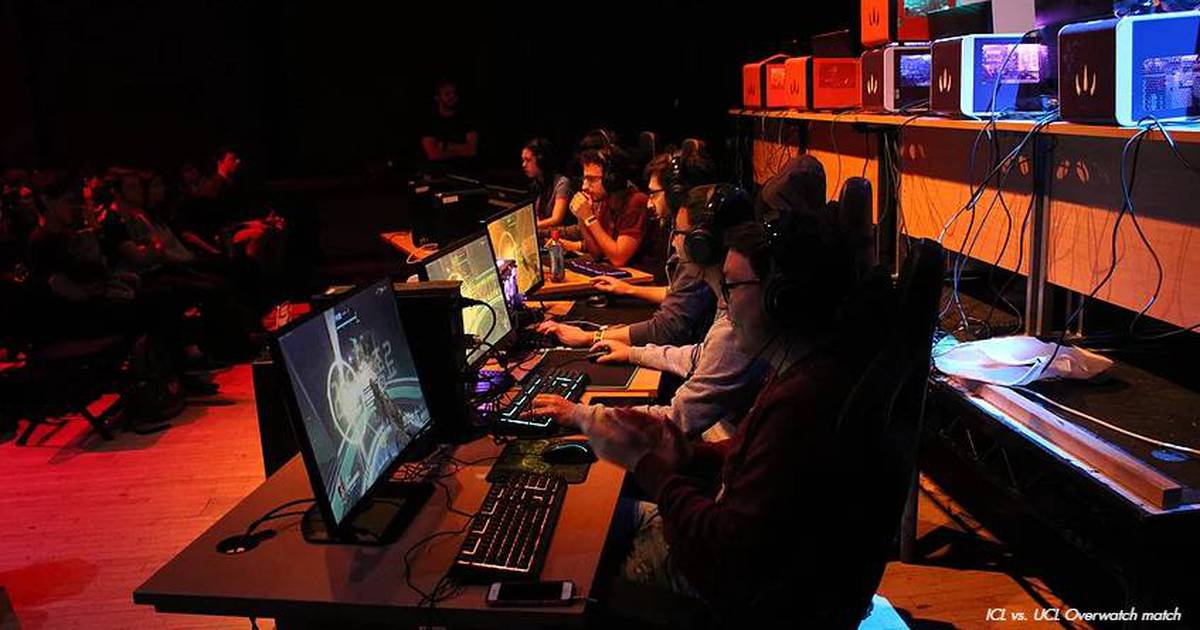
Headhunters are often among the first to identify trends, thereby making them the people who come to find the best managers.
Odgers Berndtson has interviewed twenty top club managers around the world – from North America to Oceania, including Western Europe, Russia and the CIS countries. The results of this study will be useful for all market participants: clubs to compare themselves with competitors, investors who want to enter the esports market, professionals who want to work in the industry, and for fans who are interested in understanding what’s behind their favorite players.
Organisational structures
During interviews with representatives of esports clubs, we have identified 2 main management models (each of them can be subdivided into 2 subcategories):
The first model is a business structure with traditional key functions inside: Sales, Operations, HR, Finance, etc., which report to the CEO. These structures follow the classic organisational model from the corporate world. 81% of the clubs we surveyed have this type of organisational structure.
The remaining 19% of clubs have only two key managers – CEO (Chief Executive Officer) and COO (Chief Operating Officer), who share areas of responsibility among themselves. The most common configuration is when one manager develops such functions as Sales, Marketing and Gaming, and the another one is responsible for the back-office (accounting, finance, etc.). In 50 % of these companies the club outsources the functions of sales and marketing, and the rest have these functions (including sales and marketing) implemented internally.
Sports management
The main resource of the esports business are players, teams, and sports results. Nowadays, clubs use 2 main models of sports management. 57% of clubs have a Sports Director / Chief Gaming Officer who is responsible for team management and sports performance. In the remaining 43%, this function is linked with one of the top managers of the club (CEO / COO). The main factor in both approaches is the CEO / COO’s personal professional gaming experience.
Compensation packages
After we have gathered and systemized all data of compensation packages in the clubs, we saw a big difference in absolute values (up to 10 times). This is due to the different living standards in the regions where esports clubs are present. To present the relevant average earnings in key positions, we removed 10% of the minimum and maximum values.
Annual income:
• CEO – from $ 70,000 to $ 170,000 gross;
• COO – from $ 50,000 to $ 160,000 $ gross;
• CCO (Sales, Partnerships, Sponsorships) / CMO (Content, Marketing, PR) – from $ 50,000 to $ 150,000 gross;
• HRD / CFO / CIO / Legal Director – from $ 40,000 to $ 120,000 gross.
Compensation packages insights
Over the past 1.5-2 years, the structure of compensation packages has changed towards a form similar to other industries – a fixed part and a bonus (the amount of which depends on the KPIs fulfillment). It is important to note that about 40% of top clubs stimulate their top team with long-term incentives (LTI).
The main KPIs for top management are operational: P&L performance, growth number of subscribers on social networks and active fans, views of matches / team content, users retention, and attraction of partners.
Most of Chief Gaming Officer and the CEO have sports results reflected in KPIs. This distinguishes esports managers from colleagues who manage clubs in traditional sports, where in most cases the entire team of top managers has an additional bonus from the team’s athletic performance.
Market trends
• An esports club is no longer just a collection of players who play for themselves or their investor. It is a full-fledged business with media and commercial parts. Esports has become a valuable part of the entertainment market;
• The staff ranges from 18 to 75 people. Only 21% of the organizations we had surveyed have more than 50 employees. Esports clubs, unlike traditional sports teams, still have compact structures;
• Esports companies are becoming increasingly mature and open toward external markets. They hire people having no professional gaming experience, invite business consultants to tackle recruitment tasks, draft strategy and move the club forward;
• Proper P&L management is a short- or mid-term task for 75% of top clubs;
• Employment’s agreements with athletes have changed:
– KPIs for sports results now included
– employment contracts became long-term;
– the club’s share has increased in the prize money from tournaments.
About the study:
Powered by WPeMatico
Alona Shevtsova
L&G esports team founded by Alona Shevtsova won the national Dragon EC Cup tournament
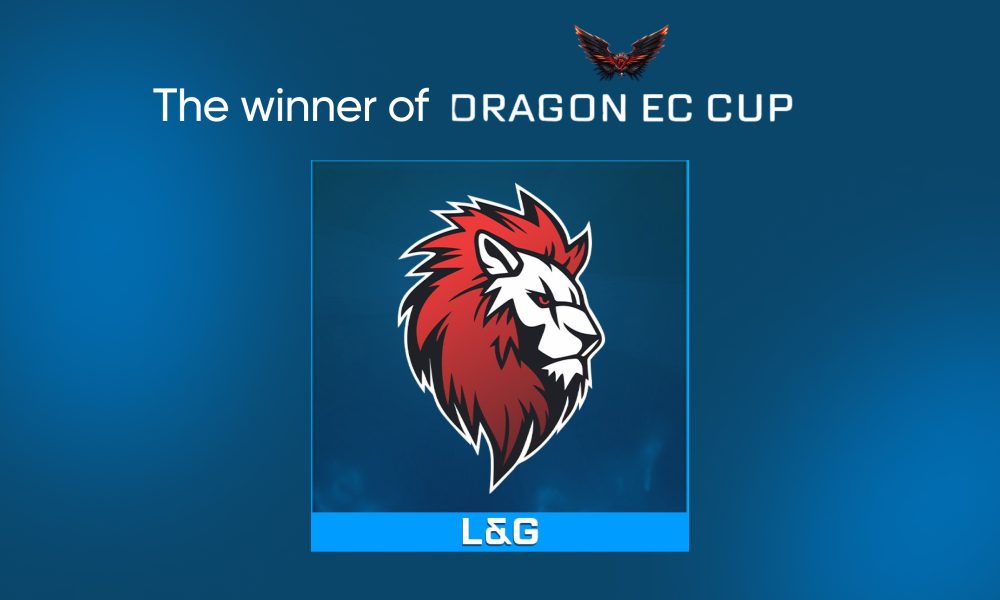
Ukrainian esports team L&G won the Dragon EC Cup tournament, held on the 20th of April by Dragon Esports Club. Four teams competed in the tournament’s final: Lazer Cats, L&G, which received a direct invitation to the final stage, EsportsBattle, and ThunderFlash, which had open qualifiers. During the Grand Final, the L&G team competed with Lazer Cats on Mirage, Anubis, and Vertigo maps.
“This victory is a testament to the exceptional talent and commitment of our players, as well as the collective effort of our coaching staff and support personnel,” said Alona Shevtsova, founder of L&G Esports. “We are immensely proud of their accomplishments and grateful for the unwavering support of our fans.”
L&G is among the top 5 Ukrainian teams in Counter-Strike: Global Offensive. It was founded in 2021. The previous name was Leogaming, and it was created on the initiative of the famous Alona Shevtsova from the fintech sector.
The team began competing in top tournaments and almost immediately made it to the Advanced division of the ESEA League Europe competition. The team also participated in and took prizes in European tournaments such as the SCL League, WhiteBit Crypto Open, Phoenix League, and local competitions. The team players are marat2k, r0ublE, kr1vda, kL1o, OneUn1que, rji (coach).
The winners received a 50,000 UAH prize. Dragon Esports Club also prepared a 15-skin giveaway for the broadcast’s viewers.
It is worth mentioning that the L&G team created its merch items, which are available for order worldwide. To get more information about the team, visit the L&G Instagram page, Twitch, or Telegram Channel.
eSports
L&G esports team founded by Alona Shevtsova won the national Dragon EC Cup tournament
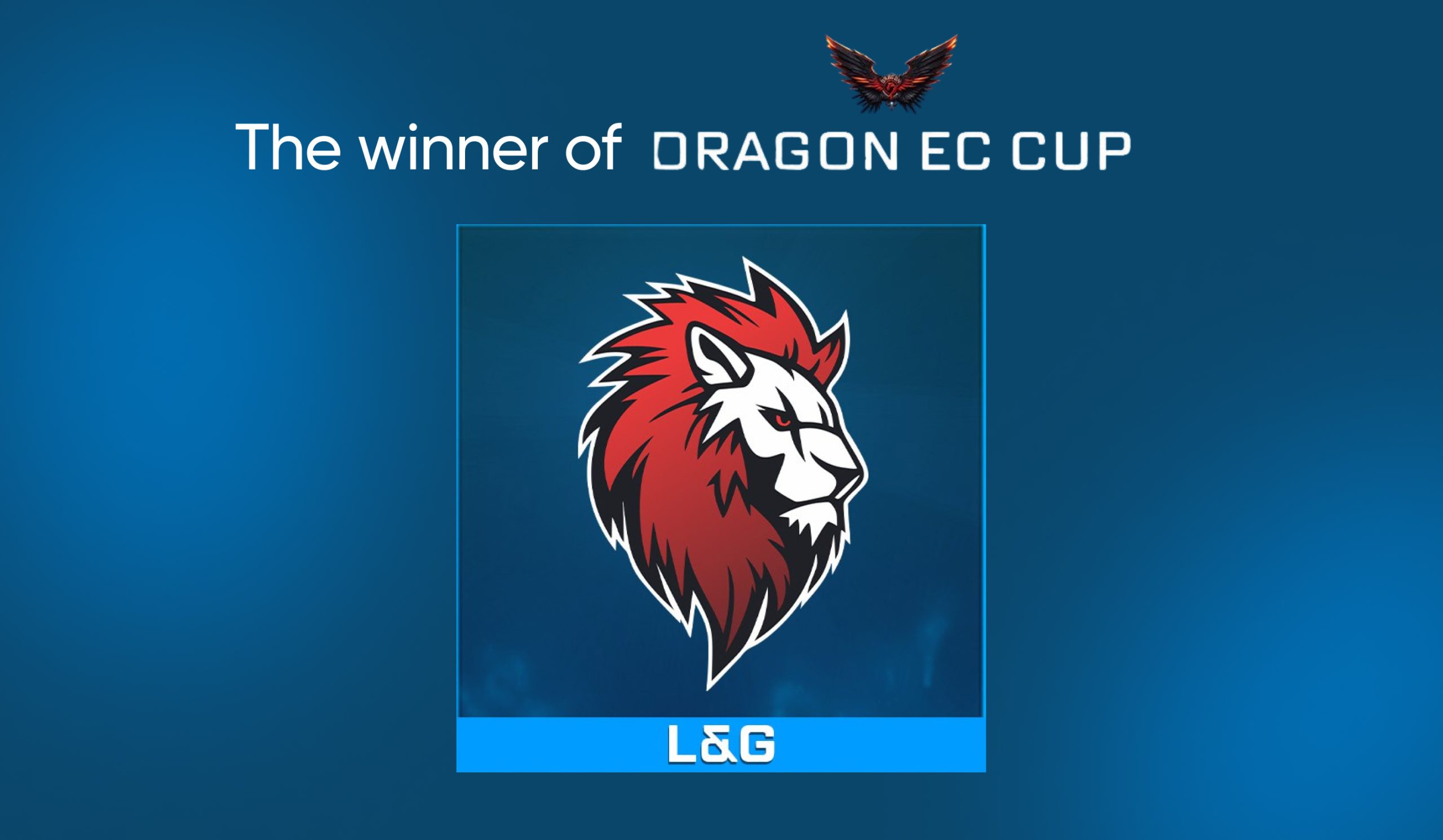
Ukrainian esports team L&G won the Dragon EC Cup tournament, held on the 20th of April by Dragon Esports Club. Four teams competed in the tournament’s final: Lazer Cats, L&G, which received a direct invitation to the final stage, EsportsBattle, and ThunderFlash, which had open qualifiers. During the Grand Final, the L&G team competed with Lazer Cats on Mirage, Anubis, and Vertigo maps.
“This victory is a testament to the exceptional talent and commitment of our players, as well as the collective effort of our coaching staff and support personnel,” said Alona Shevtsova, founder of L&G Esports. “We are immensely proud of their accomplishments and grateful for the unwavering support of our fans.”
L&G is among the top 5 Ukrainian teams in Counter-Strike: Global Offensive. It was founded in 2021. The previous name was Leogaming, and it was created on the initiative of the famous Alona Shevtsova from the fintech sector.
The team began competing in top tournaments and almost immediately made it to the Advanced division of the ESEA League Europe competition. The team also participated in and took prizes in European tournaments such as the SCL League, WhiteBit Crypto Open, Phoenix League, and local competitions. The team players are marat2k, r0ublE, kr1vda, kL1o, OneUn1que, rji (coach).
The winners received a 50,000 UAH prize. Dragon Esports Club also prepared a 15-skin giveaway for the broadcast’s viewers.
It is worth mentioning that the L&G team created its merch items, which are available for order worldwide. To get more information about the team, visit the L&G Instagram page, Twitch, or Telegram Channel.
The post L&G esports team founded by Alona Shevtsova won the national Dragon EC Cup tournament appeared first on European Gaming Industry News.
eSports
IESF Announces the European Regional Qualifiers for Esports World Championship
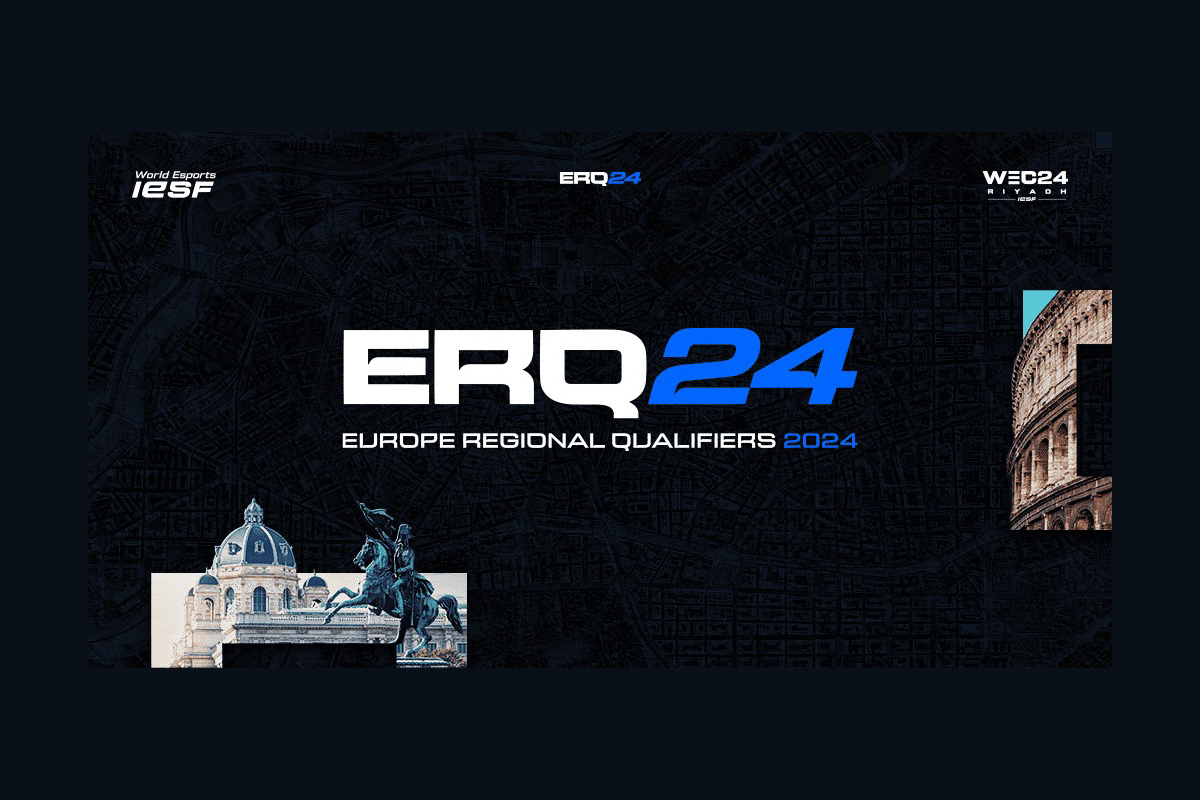
The International Esports Federation (IESF) has announced the European Regional Qualifiers for the 16th World Esports Championship. From July 6 to July 31, 750+ athletes from Europe will compete for a slot at WEC24, set to take place in Riyadh, Saudi Arabia.
As the only fully online event hosted by IESF in 2024, this tournament will spotlight Europe’s best esports talent across four game titles. The event will feature competition in the following categories:
- CS2 Open
- CS2 Women
- MLBB Open (Mobile Legends: Bang Bang)
- MLBB Women
- PUBG MOBILE
- DOTA2
Athletes from 43 nations will compete in the event, determined to claim victory and proceed on their journey on the “Road to Riyadh”. The national champions of the eFootball series will advance directly to WEC24.
Igor Nedeski, Esports Manager at IESF, said: “We’ve ensured that despite being exclusively online, the European Regional Qualifiers will deliver the same level of intensity and high standards as the other regional qualifiers. Athletes and fans can look forward to an exciting and competitive experience as the battle for a spot at the World Esports Championship kicks off.”
The post IESF Announces the European Regional Qualifiers for Esports World Championship appeared first on European Gaming Industry News.
-

 Central Europe7 days ago
Central Europe7 days agoAleatrust Signs Up as Supporting Member of the Austrian Sports Betting Association
-

 Latest News6 days ago
Latest News6 days agoWeek 16/2024 slot games releases
-

 Central Europe7 days ago
Central Europe7 days agoWazdan amplifies Swiss presence with Swiss4Win launch
-

 Compliance Updates7 days ago
Compliance Updates7 days agoElys BMG Group Announces Approval for The Ugly Mug Sportsbook in Washington, DC.
-

 Brazil6 days ago
Brazil6 days agoPG Soft Set to Sponsor Key SiGMA Americas Event
-

 Amusnet7 days ago
Amusnet7 days agoAmusnet Brings Up its Excellence at SiGMA Americas
-

 Baltics4 days ago
Baltics4 days agoMARE BALTICUM Gaming & TECH Summit Announces Final Agenda for 2024 Event
-

 Latest News7 days ago
Latest News7 days agoBet365 Debuts its Bespoke Live Game Show Super Mega Ultra in Collaboration with Playtech

